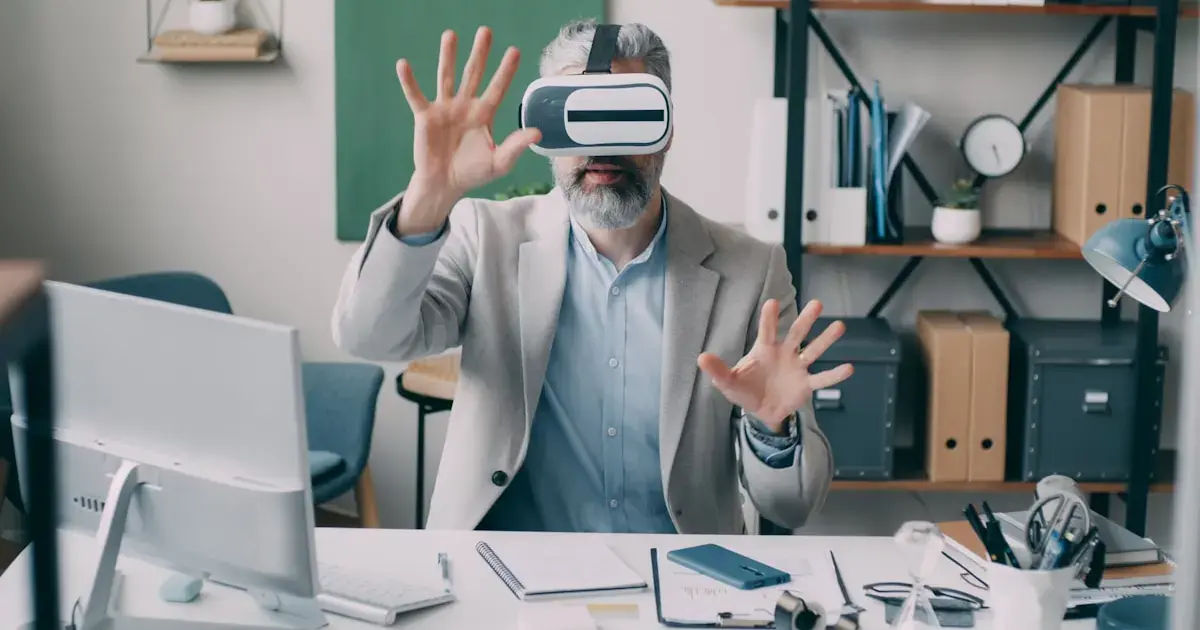 Struggles with navigating unfamiliar territory may be more indicative of potential than the classic forgetfulness of where you left your keys.
Struggles with navigating unfamiliar territory may be more indicative of potential than the classic forgetfulness of where you left your keys.
According to a new study, even before tests reveal cognitive decline, minor difficulties with orientation can serve as an early warning sign of dementia, particularly its most common form—.
Researchers conducted an experiment using virtual reality, testing around 100 volunteers aged 55 to 89 on their spatial navigation abilities.
The results showed that participants with subjective cognitive decline (SCD)—a condition where individuals feel their memory is deteriorating despite normal clinical test results—were less accurate in navigation than their healthy peers.
“It is known that people with SCD are at an increased risk of developing dementia in old age,” noted Professor Thomas Wolbers, head of the German Center for Neurodegenerative Diseases (DZNE) and co-author of the study.
During the experiment, participants were asked to wear VR headsets and walk through a digital landscape, as reported by BBC Science Focus. The task involved following a ball along a winding path and then indicating the starting point. Specifically, they needed to turn around and look back at where their journey began.

Overall, all volunteers performed normally on standard memory and thinking tests. However, participants with SCD consistently made significant navigation errors.
“These orientation difficulties were not related to movement dynamics, such as walking speed or frequently looking down, but rather to cognitive impairments,” clarified Dr. Vladyslava Segen, a researcher at DZNE and the study’s lead author.
According to the scientists, participants with SCD may have performed poorly due to what is known as “memory leakage,” where they struggled to track the sequence of previous walking stages. Researchers believe this impairment results from dysfunction in grid cells—specialized neurons that construct the mental coordinate system of our environment.
The team hopes that such spatial testing could soon become a valuable addition to existing dementia diagnostic tools.
“In the long term, I see potential for its use in clinical practice, particularly for the early diagnosis of Alzheimer’s disease,” said Professor Wolbers. “However, this method needs to be further tested and simplified first,” he added.
Photo: Unsplash
Difficulties with spatial orientation are an early sign of dementia.
2
